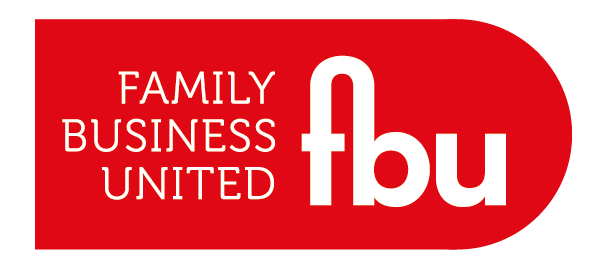Get in touch: nick.mayhew@alembicstrategy.com
First thing’s first, what is ESG?
ESG stands for Environmental, Social, and Governance.Environmental, as in, the environment. The conservation of the natural world. In a business context, this can mean reducing carbon emissions, energy efficiency, waste management, and a whole host of other ideas.
The social element of ESG means being considerate of people and relationships. Being a good neighbour, as it were. In a business context, this usually means things like employee engagement, customer satisfaction, and community relations, as well as other factors.
The final element of ESG is governance. The standards that are held up in the running of a company. Things such as the composition of the board, political contributions, and whistle-blower schemes.

There will often be crossover between these various themes, and it can often be a challenge to classify something as just environmental, social, or governance. This is why the umbrella term ESG is used.
So, a business with ESG high on its agenda will be one which makes environmentally conscious decisions. It incentivises more environmentally friendly methods of commuting for its employees, such as public transportation or cycling rather than driving. Or indeed, not commuting at all! It has effective waste management, through things like recycling bins on company property, and regular waste audits to reduce the amount of material being disposed of irresponsibly. It is socially considerate, regularly checking the level of satisfaction within its workforce. It ensures its customers have a positive experience and verifies this by asking for feedback. It maintains positive relations with the local community, employing local people as well as trading with other local businesses. The business maintains high standards of governance by guaranteeing rights for whistle-blowers, regular performance reviews for board members, and fair pay for all employees.
Some people, not you of course, but some less ethical people might think “that sounds like an awful lot of faff, what’s in it for me?” Massive returns, that’s what! Take Nvidia, for example. Nvidia has an MSCI ESG rating of AAA, and at the time of writing, their stock price is up over 100% in the last year! ESG principles have increased the value of the company, and they are free to reap the rewards.

And it’s not just Nvidia. Other companies like Pool, Adobe, and Microsoft all have MSCI ESG ratings of AA or AAA and have seen considerable growth in the past year. Of course, other factors will also play a role, but to use that to dismiss the clear benefits of a focus on ESG is foolish.
On top of your company having a considerably increased value, you can also benefit from increased productivity, reduced staff turnover, and lower labour costs. You might think that sounds too good to be true, but it’s backed up! This article from EY (edited 2025: now archived) highlights some of the benefits of ESG, and how it can build long term value components such as company culture.
The benefit of a good company culture is investment from your employees. I’m sure you’ve all seen the countless LinkedIn posts about the person that used to work late most of the time, but then they were once lambasted for being 5 minutes late in the morning and they haven’t worked late since. Massively cliché, yes, but there is an element of truth in that. Employees who feel valued in the business they work for will be a lot more likely to go the extra mile. It’s a classic case of garbage in, garbage out. If you are doing the bare minimum for your employees, why on God’s green earth would they do more than the bare minimum for you? This is where the employee engagement comes in.

ESG helps you to build and maintain your all important social and human capital. Human resources are immensely important to the running of a successful business, if they weren’t then an awful lot of HR departments all over the world are wasting their time! As American author, salesman, and motivational speaker Zig Ziglar said: “You don't build a business. You build people and then people build the business.”
A focus on ESG will help you to build your people, and the business will follow.
Get in touch: nick.mayhew@alembicstrategy.com




